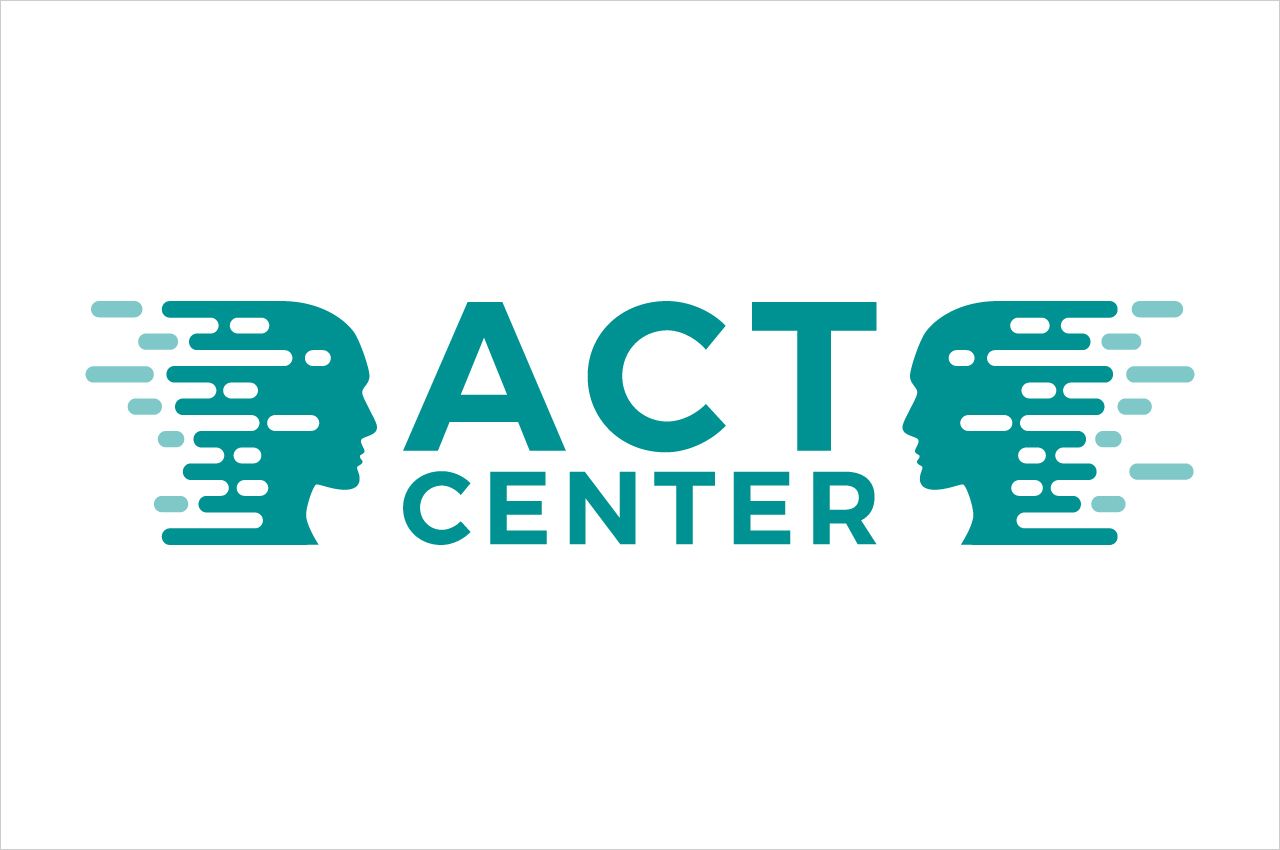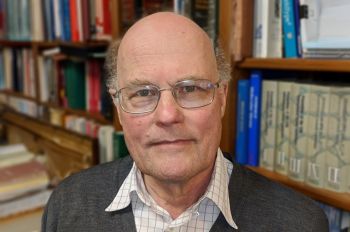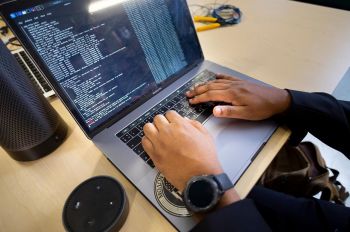Computational ACTion: Computing Center Funds Interdisciplinary Research

Five research teams from Illinois Institute of Technology have received seed grants from the university’s Active Computational Thinking (ACT) Center to promote computing methods throughout various research fields.
The ACT Center’s Computational Interdisciplinary Seed Funding (CISF) program bestows grants up to $20,000 to initiate innovative research programs that integrate computational methods and thinking with other disciplines. The goal of the funded seed projects is to incubate interdisciplinary teams and ideas to develop innovative research projects, with a key deliverable being a submitted proposal for external funding to continue the project.
Shlomo Argamon, ACT Center interim director and professor of computer science at Illinois Tech, says that they received a very strong set of submissions, which were difficult to choose among. He explained that the funded projects showed particular strength in four specific areas.
“First, each demonstrates a strong integration of research in computation and another disciplinary area, likely to lead to transformational results,” he says. “Second, each includes methodologically solid work on an important scientific problem. Third, each highlights likely impact beyond the specific research, whether in scholarship, industrial application, or social impact. Finally, each had a strong plan for obtaining external follow-on funding, to ensure that these seed grants have long-term impact.”
Xian-He Sun, distinguished professor of computer science and the Ron Hochsprung Endowed Chair of Computer Science, has teamed up with Britt Burton-Freeman, professor of food science and nutrition, to work on “Ambrosia: Harnessing the Power of Data Analytics to Capture Metabolic Health Insights.” The project combines a mass volume of smaller studies’ impact of food types on human metabolic responses. The goal of the project is to analyze the results of these studies using machine learning techniques to develop a food recommendation system, which can suggest diets that are automatically based on initial readings of metabolic and demographic data.
“Behavioral and Game-Theoretic Parameterized Models for Pandemic Prediction” teams Sanjiv Kapoor, professor of computer science, Nicole Legate, associate professor of psychology, Arlen Moller, associate professor of psychology, and Kai Shu, Gladwin Development Chair Assistant Professor of Computer Science. The team will analyze social media data to see how behavior patterns have emerged due to public policies designed to stem the spread of COVID-19. The goal is to help develop public policies that will not only save lives, but also mitigate economic and psychological effects of restrictive initiative such as mask mandates and lockdowns.
Yue Duan, Gladwin Development Chair Assistant Professor of Computer Science, has teamed with Shiyan Jiang, assistant professor of learning design and technology at North Carolina State University, to examine effective educational software for distance learning. The team proposes to define and understand usability issues with current educational software, and aims to develop a fully automated testing technique to identify these issues and improve e-learning effectiveness.
David Minh, Robert E. Frey Jr. Endowed Chair in Chemistry and associate professor of chemistry, and Lulu Kang, associate professor of applied mathematics, are working on “Direct Estimation of Binding Free Energies via Learned Mappings.” The pair will apply deep learning methods to predict where and how tightly ligands bind to proteins, and to learn a mapping between bound and unbound states to calculate free energies. This research should speed these calculations, while maintaining accuracy in predictions. The result should be a higher understanding of biology and drug design.
Shu earned a second CISF grant for his proposal with Matthew Shapiro, professor of political science, to review the spread of misinformation on social media platforms. “Developing Trustworthy and Accessible Tools to Mitigate Disinformation in Marginalized Communities” will survey social media users to see how they perceive and understand disinformation. The researchers also will develop techniques to help social media users, specifically minorities who are targets of disinformation, to detect and mitigate disinformation they see.
“Overall, it was very exciting to see the wide range of proposals for interdisciplinary projects using computation in very creative ways to not only address problems in other disciplines, but also to develop new concepts and ways of thinking about those problems,” Argamon says.
Argamon says he plans to continue the ACT Center’s CISF program on an annual basis to promote computation in interdisciplinary research.




